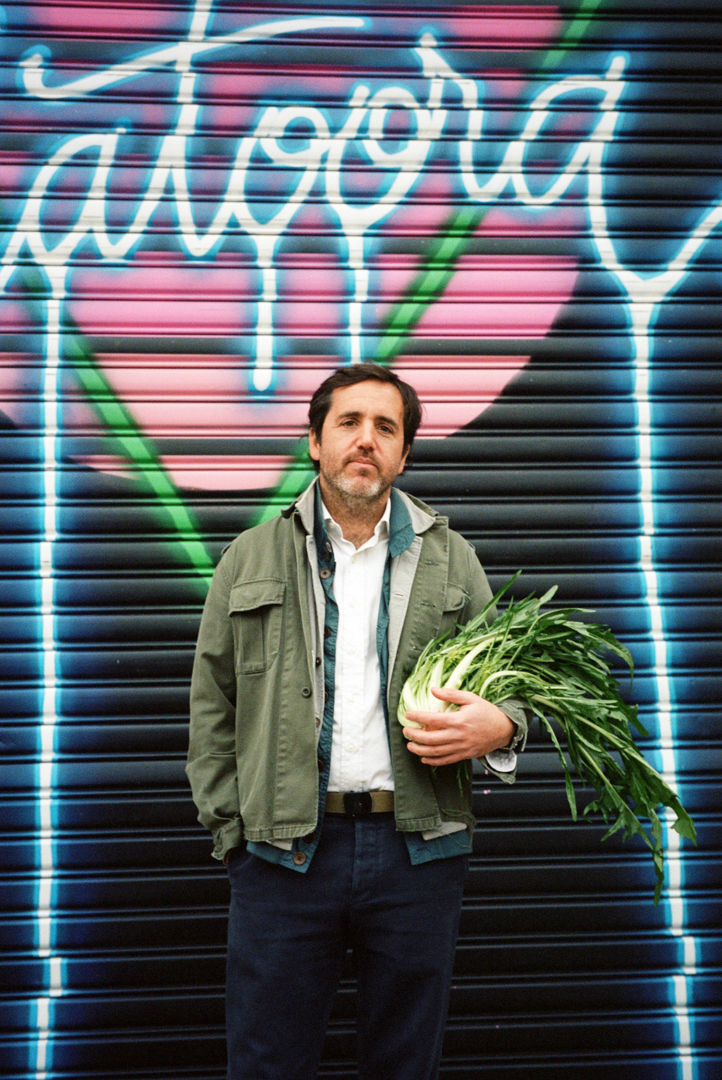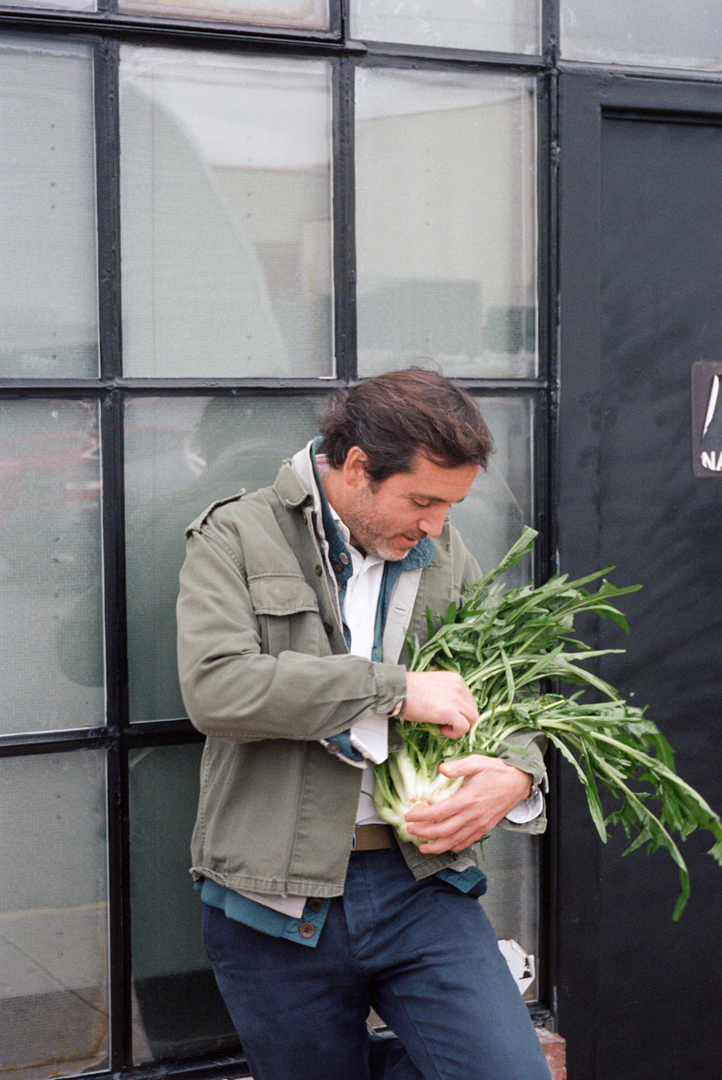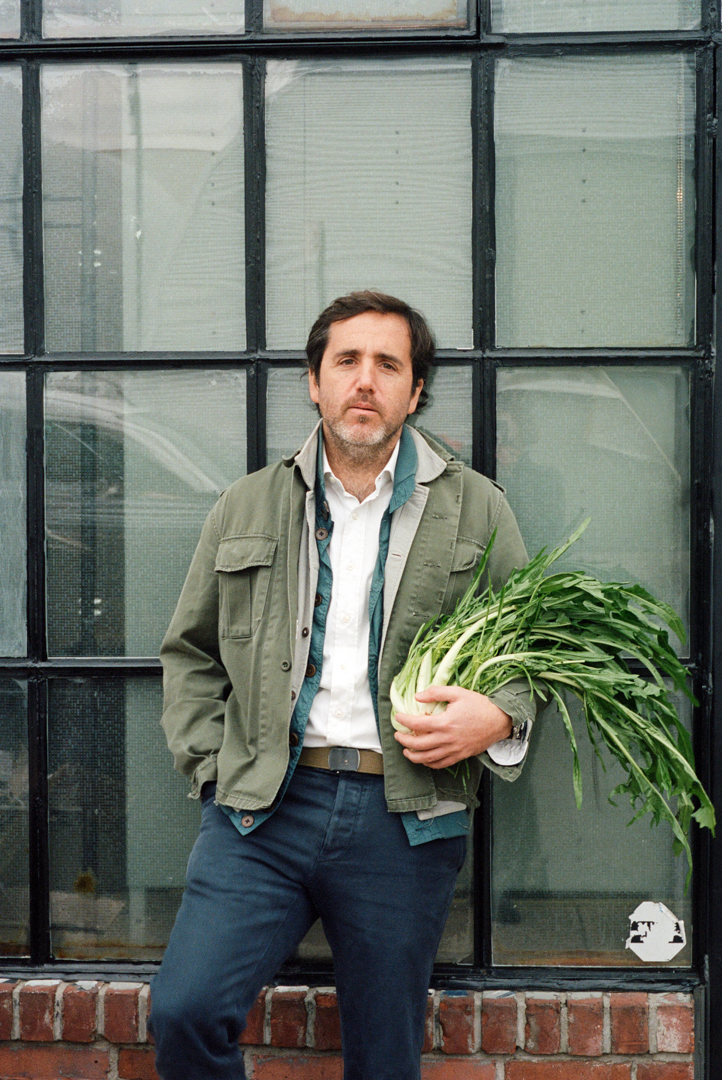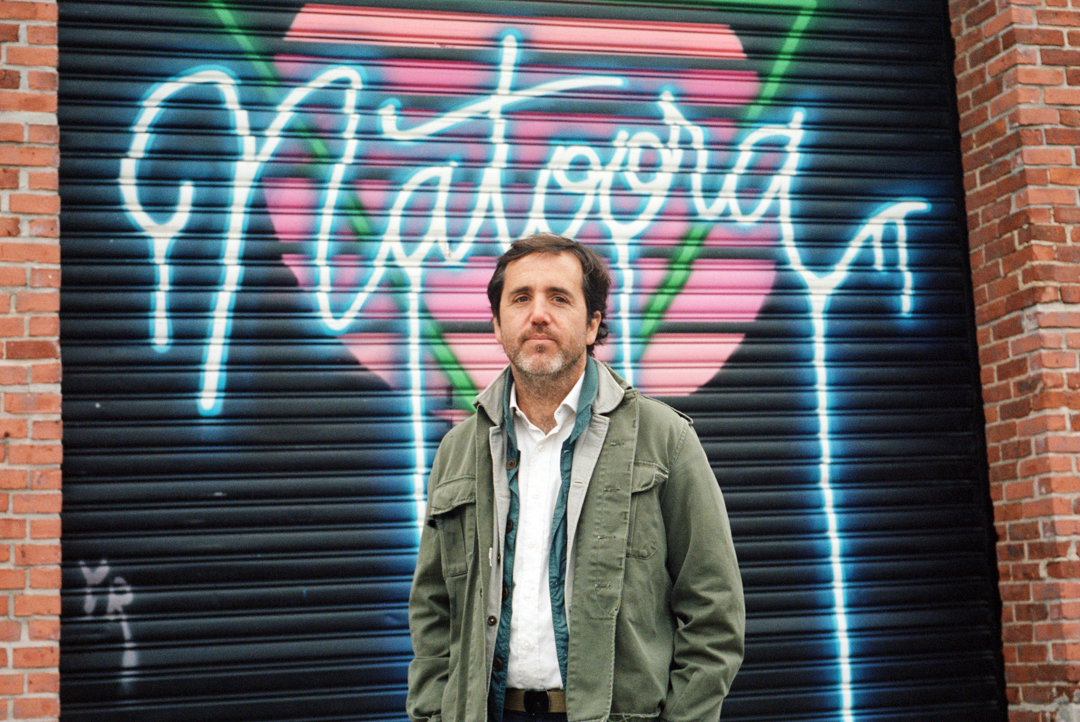What We Eat Matters


What We Eat Matters
23.4 degrees – the tilt of the Earth’s axis – giving us the magical seasons that mark the year. This planet we call home is extraordinary: an environment perfectly suited to the flourishing of life. Human beings are one of its many creations. We are neither equal to nor above nature. Understanding our planet is fundamental if we wish to live sustainably.
It is of crucial importance to connect with nature in order to understand the seasonality in which foods should be consumed. This in turn gives us a rhythm that moves in step with her. Today, fewer than 30% of consumers are aware of the seasons for fresh produce. Without this knowledge, consumers create misguided demand that causes serious harm to our bodies, the land in general, and the planet itself. Encouraging the right kind of demand is key, and education is essential for this: there is a direct link between our loss of contact with nature and misinformation.
The need to educate consumers is not limited to the food industry: we see the same thing in fashion. Yvon Chouinard, founder of Patagonia, was a pioneer when, in the 1980s and 90s, he led a crusade in the fashion industry towards reimagining and “cleaning up” supply chains. Today, there is much discussion about positive impact across the economy, and recognition of the strategic role that supply chains play in creating such impact – largely because they are often the “dirtiest” part of a business. Supply chains are usually opaque, complex and lengthy. While they are crucial instruments, they are considered dull, buried beneath glossy marketing campaigns. In food, as in fashion, once consumers begin to understand the systems behind what they buy, they become better equipped to make the right choices.
This corruption of knowledge, which has destroyed the global food system, began in the United States in the post-war period. It was in the 1950s that supermarket culture truly took hold. This culture pulled society away from independent businesses towards a model defined by an abundance of supply and low prices, designed to serve the time-poor consumer who works ever harder and seeks convenience. That was when consumers lost contact with nature, consuming only what was on offer without regard for whether a fruit or vegetable was in season.
The low-cost model, favouring processed food and year-round availability of fresh produce such as strawberries, was seen as the quintessence of modern life. This gave rise to two relentless forces that drove the degradation of the food system: the commodification of fresh produce and the lack of consumer education.
The commodification of fruit and vegetables stems from supermarkets’ decisions to drastically reduce the diversity of what they offer. At the same time, demand for year-round fresh produce was encouraged, putting pressure on supply chains to extend shelf-life to sustain longer distribution routes, and to increase yields through specific varieties, enabling lower prices. We pay for this with an industrial system that produces food with little nutritional value, damages our soils and the environment, and – worst of all – leaves us with tasteless tomatoes, stripping away the simple pleasure of flavour itself.
The long-term consequence for consumers is perhaps more concerning and dangerous: a gradual but near-total “de-education”, in which the very concept of seasonality has been lost, along with the knowledge required to source and cook fresh produce. The well-known proverb, “Give a man a fish and he will eat for a day; teach a man to fish and he will eat for a lifetime,” perfectly illustrates this point. In the case of food, it means consumers are no longer able to cook with a wide variety of ingredients, instead depending on a food system that pushes them towards processed and altered products. The consequences form a vicious circle: the lack of variety leads them to consume only what the market offers, influencing demand and further perpetuating the decline in diversity.
Knowledge is power, especially in the hands of the consumer, because farmers respond to demand, growing what the market requests at the prices the market sustains. If we consume collectively according to the seasons, refusing strawberries in winter, then transforming the food industry becomes entirely possible. Knowledge aligned with the rhythms of nature gives fresh produce greater value and forces the system to correct itself.
Re-educating the consumer means providing the information needed to make the right choices when selecting products. At Natoora, our guiding principle has always been flavour. Flavour isn’t just pleasure – though the joy of biting into a perfect peach is reason enough to create an emotional connection with our customers and convince them to eat better. It is the most direct way of fostering the seasonal demand that our agriculture so urgently needs.
From the very beginning, Natoora has pursued maximum flavour in every fruit and vegetable. But at first, I did not fully appreciate what this decision meant – one that was born simply from the desire to heighten the pleasure of every bite. From my life experience, I knew there were tomatoes and peaches capable of blowing us away with their taste; I only wanted to find them and expand access to them. Over time I discovered that flavour gave us a kind of guarantee about farming methods. Across the entire food production chain, if we try to industrialise or scale up production purely to reduce costs, we inevitably lose quality. To this day it is impossible to produce a chicken intensively in 30 days that tastes as good as one raised over 110 days. The same is true for fruit and vegetables, for fish farming, dairy products, and more. Flavour is an extremely reliable indicator of healthy farming practices. What nature teaches us is that human beings have still not managed to deceive it.
To be clear: an excellent peach may have been produced using chemical inputs, but by definition it must be a crop that respects the soil, follows natural growth, and originates from a variety bred for flavour rather than yield or shelf-life. It is possible to maintain healthy farming practices even with minimal inputs used only as a last resort. I would prefer a product from this type of farming than from intensive organic production, where pesticides and herbicides approved for organic farming are used heavily. A healthier person is one who looks after their body, eats well, exercises regularly, and uses antibiotics only when absolutely necessary – not someone who neglects themselves while taking constant medication and supplements.
Flavour held a surprise for me. In such a subtle, sensitive and intelligent way, nature makes flavour our internal compass, guiding our food choices. Humans, like many other animals, learn to make connections between flavour and the corresponding physiological response. Seen the other way around, what we perceive as delicious tends to be highly nutritious. It is magical. Years into our pursuit of flavour, a new world opened to me. This connection between nutritional value and flavour was a gift, and also a powerful confirmation of our vision at Natoora. It is crucial that we recognise the importance of this bond – not just between flavour and nutrition, but also our health, the preservation of soils, and the environment, which allows us to safeguard the future of our planet for generations to come, human and non-human alike. It is a self-sustaining cycle: by seeking flavour in everything we eat, we create demand for food grown through sustainable methods that regenerate our soils – soils that, richer and more alive, provide greater nutrition and therefore greater flavour in their produce.
A pivotal study by Donald Davis and his team at the University of Texas (UT) in Austin, published in December 2004 in the Journal of the American College of Nutrition, showed the decline of nutritional value over five decades, between 1950 and 1999. They studied more than forty fruits and vegetables and reached the following results: it is time for consumers to understand the concept of “nutrient density” and how important it is in valuing what we eat. There is no point comparing prices per kilo if the nutritional value of two products is fundamentally different. That was when I realised how flavour became the most subtle and powerful tool to educate consumers and, at the same time, to revolutionise the food system..
But education is only the first step. Individuals must also connect with the responsibility and impact of their consumption, becoming aware of their role as investors in an industrial system that feeds us cheaply at an exorbitant cost to our health and the planet. At Natoora we have made decisions that define our vision for a better future and demonstrate our intentions through concrete actions: from how we invest in our supply chain, the development of our farming ventures, to our focus on education and how the improvement of the food system permeates every part of our organisation. But we need consumers to follow us – it is up to them to make the change needed to steer towards a better future. The collective power of the consumer is immense, carrying with it the remarkable opportunity to have a hugely positive and lasting impact. It is up to all of us to drive meaningful change in the global food system.
When I see individuals such as Tommy Caldwell, among the world’s best rock climbers, perched high on a mountain, I am struck not only by his mastery of the sport but also by his deep connection with nature. Watching him climb in harmony, reverence and respect for the rock exemplifies his understanding of our place as human beings on the biggest rock of all: our planet. When the camera pulls back and all that remains is a speck of colour from his Patagonia jacket on the vast face of the mountain, there is a beautiful parallel with our collective place in nature and the perspective we have lost. We are nothing more than a particle in this universe. The sooner we internalise this truth and begin to act consistently with it, the faster we will turn towards a food system that benefits not only our bodies but also our planet – the only one that sustains us. 🐟




